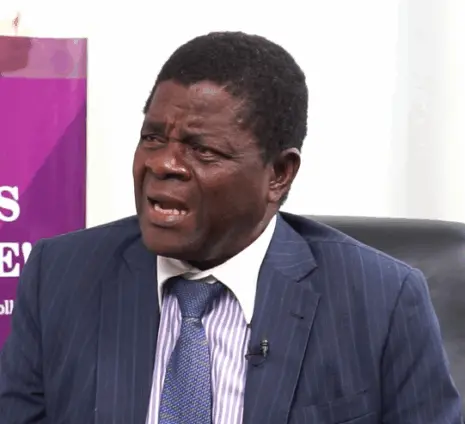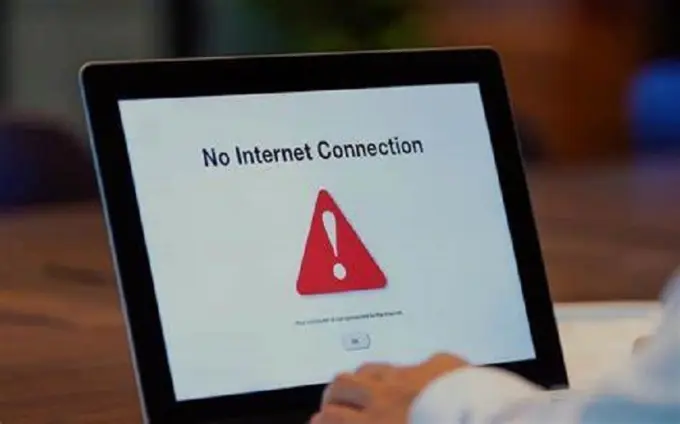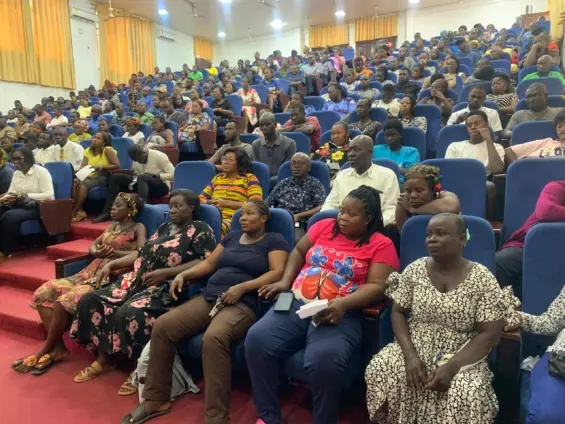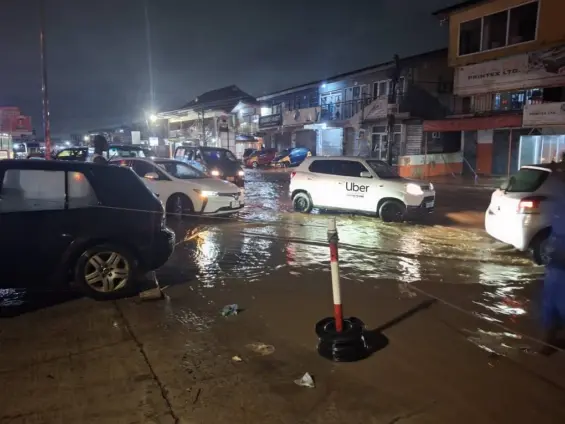The suspension probe of Chief Justice Gertrude Torkornoo has ignited a fierce legal battle, with the suspended Chief Justice seeking to halt the investigation into her potential removal. This move has drawn sharp criticism, most notably from Kwaku Ansa-Asare, the former Director of the Ghana School of Law. Ansa-Asare has publicly voiced his concerns, arguing that Torkornoo’s legal maneuvers are not only unconstitutional but also set a potentially damaging precedent for the Ghanaian judiciary.
At the heart of the matter is an injunction application filed by Torkornoo, challenging the legitimacy of the probe. The application names key figures such as President Mahama and Justices Pwamang and Adibu-Asiedu. Ansa-Asare contends that this attempt to block the inquiry into the Torkornoo suspension probe is a direct affront to the constitutionally mandated processes for judicial oversight.
Ansa-Asare’s Critique of Torkornoo’s Injunction Application
Ansa-Asare’s primary concern revolves around what he perceives as a blatant disregard for constitutional principles. He argues that the very act of seeking an injunction to halt the Torkornoo suspension probe is itself a violation of the established legal framework.
“This is a very worrying unfolding story that the Chief Justice Gertrude Torkornoo will seek to stop the constitutional process. Any application to stop the process will itself be unconstitutional,” Ansa-Asare stated.
According to Ansa-Asare, the application filed by Torkornoo effectively undermines the Constitution and attempts to disrupt a lawful process that is critical for maintaining judicial accountability. He believes the implications of such an action could erode public trust in the judiciary and create a dangerous precedent for future cases involving judicial conduct.
The Constitutional Basis for Removal Proceedings
Ansa-Asare emphasizes that Article 146 of the 1992 Constitution clearly outlines the procedures for initiating removal proceedings against a Chief Justice. This article stipulates that only the President can initiate such proceedings following the receipt of a formal petition. This constitutional provision is central to Ansa-Asare’s argument. He interprets it as a safeguard against undue interference in the judiciary and as a mechanism for ensuring that any investigation into the conduct of a Chief Justice is conducted impartially and according to due process.
“The law is that when the application involves the Chief Justice, it is the president and the president alone who may initiate the Chief Justice’s removal process pursuant to the petition to that effect,” Ansa-Asare explained, underscoring the constitutional limitations on who can initiate the removal process.
President Mahama’s Compliance with Constitutional Procedures
Ansa-Asare has also offered his assessment of President Mahama’s role in the unfolding controversy. He asserts that, based on available information, the President has acted in strict adherence to the constitutional procedures governing the Torkornoo suspension probe.
Ansa-Asare’s Assessment of the President’s Actions
In Ansa-Asare’s view, President Mahama has meticulously followed the steps outlined in the Constitution for addressing petitions seeking the removal of a Chief Justice. This adherence to due process, he argues, strengthens the legitimacy of the ongoing probe and makes it more difficult for any legal challenges to succeed.
“The President has not violated any of the chronological stages in the process. Therefore, it will be a very difficult task for anyone to halt it,” Ansa-Asare stated, implying that the President’s actions have been beyond reproach.
The Futility of Halting the Process
Given President Mahama’s adherence to constitutional protocols, Ansa-Asare expresses considerable skepticism about the likelihood of successfully halting the Torkornoo suspension probe. He suggests that the legal challenges mounted by Torkornoo and her legal team are unlikely to gain traction, given the solid constitutional foundation upon which the probe is based.
“It will be a very difficult task for anyone to seek to halt the process. What the lawyers are doing at the moment and what the chief justice herself has done is to bark but cannot bite; they are merely barking,” Ansa-Asare concluded, conveying his belief that the legal challenges are more symbolic than substantive.
Implications and Context
The ongoing legal saga surrounding the Torkornoo suspension probe has far-reaching implications for Ghana’s judiciary and its commitment to upholding constitutional processes. The outcome of this case could significantly shape the future of judicial accountability and the balance of power within the government.
Potential impact on Ghana’s Judiciary
The way in which this matter is resolved will undoubtedly set a precedent for future cases involving judicial conduct. A failure to adhere to constitutional processes could erode public trust in the judiciary, while a transparent and impartial investigation could strengthen the public’s confidence in the integrity of the legal system.
Ansa-Asare’s views on the Torkornoo suspension probe underscore the critical importance of adhering to constitutional procedures in Ghana. His analysis highlights the potential dangers of circumventing established legal frameworks and the need for all parties to respect the rule of law.
Image Source: MYJOYONLINE





















